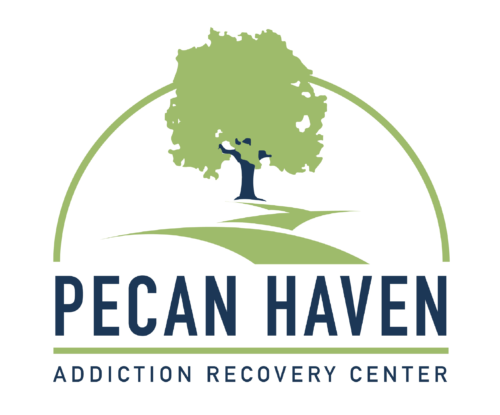Millions of adults in the United States currently struggle with depression.
Even though this mental illness is extremely common, it’s still stigmatized today– which means that plenty of people don’t take it seriously, even dismissing their own symptoms to avoid acknowledging the reality of the illness.
What is depression?
Depression is typically characterized by its main symptom– persistent feelings of sadness.
These feelings may also be accompanied by a loss of interest in activities that you typically enjoy, sleep problems, weight changes, and increased fatigue.
There are two types of depression. Major Depressive Disorder (MDD) is shorter-term and more acute, lasting at least two weeks. The characteristic feelings of sadness and other symptoms might be accompanied by even more serious effects, like thoughts of self-harm or suicide.
The other major type of depression is called dysthymia, or Persistent Depressive Disorder. This is less commonly diagnosed, and consists of much longer-term symptoms of depression– it can even last for years.
In the brain, depression causes increased levels of cortisol, which is known as “the stress hormone”.
How does substance abuse relate to depression?
If you’ve never experienced the symptoms of depression, you might not be familiar with the feelings of hopelessness, fatigue, and sadness that take over your life during depressive episodes.
For people who deal with these symptoms, drugs can offer temporary relief– providing feelings of euphoria, increased energy, or simply numbing the pain.
If someone’s struggling with depression, these effects might be irresistible, offering someone an opportunity to enjoy social situations or simply function in their daily life more effectively– for a little while.
There really is a strong connection between depression (and other life struggles) and substance abuse. Humans try to avoid pain whenever possible, and sometimes, drugs can seem like a way to escape the pain that depression causes.
I have depression– am I at risk of substance abuse?
Approximately one-third of people diagnosed with depression also deal with addiction.
Statistically, this means that people who deal with depression might be more likely to seek out substances to help self-medicate.
However, being aware of the correlation between depression and addiction can help you take the necessary steps to avoid substance abuse.
Substance abuse can have a devastating impact on your life, affecting your personal relationships, job, and even your access to housing. They can also have a devastating impact on your brain– in fact, drug use is linked with decreased levels of dopamine, which is a chemical in the brain that allows you to feel pleasure and motivation.
If you’re dealing with decreased levels of dopamine, your depression symptoms might worsen. This means that the short-term positive feelings that accompany substance use are definitely not worth it in the long run.
Get help– before it’s too late
If you’re dealing with depression and struggling with substance abuse, know that you’re far from alone. There are millions of people in the same situation. It doesn’t make you a bad person– it just means that you’re trying to cope with your symptoms in the ways that are, or were, available to you.
However, substance abuse can wreak havoc on every aspect of your life. If you’re struggling and feel unable to seek recovery or imagine a life without substances, don’t worry: it’s very possible to enjoy a substance-free life.
At Pecan Haven, we’re here to treat your addiction and help you heal. Just give us a call or fill out our online assessment to get started.
